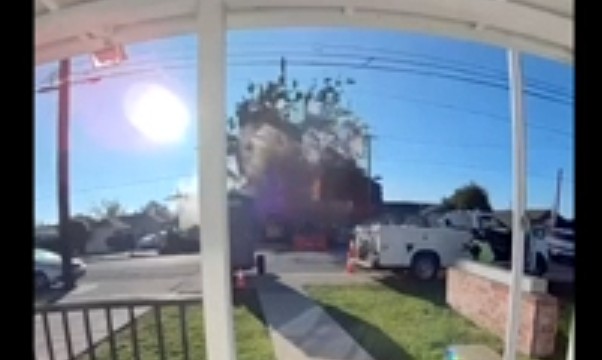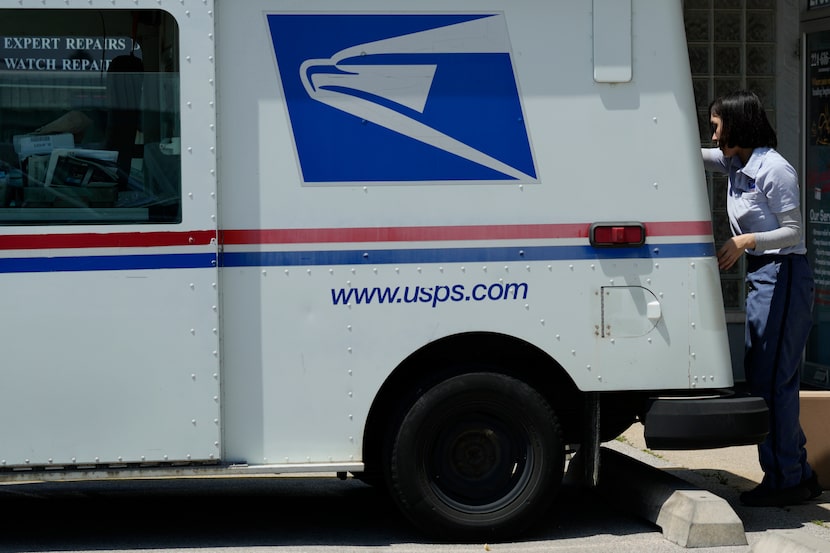UPDATE: A groundbreaking study reveals that nearly half of U.S. adults—47%—are deeply concerned they won’t afford necessary health care in the next year, the highest level of anxiety recorded since West Health and Gallup began tracking in 2021. Alarmingly, one in five Americans, or 20%, report they or someone in their household have been unable to pay for prescription medications in the past three months.
These findings, part of the new West Health-Gallup Center for Healthcare in America report, highlight the urgent challenges millions of Americans face regarding health and financial stability. The first-ever “State of the States (SOS) Study: Insights on Healthcare in America” offers a comprehensive evaluation of health care experiences across all 50 states and the District of Columbia, revealing stark disparities in how residents perceive cost, quality, and access to care.
The survey included responses from nearly 19,535 adults and examined vital pillars of health care. Among the top performers, Iowa, Massachusetts, the District of Columbia, and Rhode Island excelled, with residents reporting better experiences in affordability and access to quality care. However, even in these leading states, about 15% of residents still struggle to afford their prescriptions.
In contrast, states at the bottom of the rankings, such as Texas, New Mexico, Nevada, and Alaska, report widespread difficulties. In Texas alone, 43% of residents have avoided seeking medical care due to costs, underscoring a national crisis where health care access remains a significant concern.
“While no state is without room for improvement, ZIP code should not determine whether you can afford to see a doctor or fill a prescription—but in America today, it often does,” stated Shelley Lyford, CEO and Chair of the West Health Institute. This sentiment reflects the urgent need for policymakers to address these discrepancies and ensure equitable access to health care nationwide.
The SOS Study also reveals that nearly one in three Americans have skipped a needed medical procedure or test in the past year due to affordability issues, with rates soaring above 40% in states like Texas and Mississippi. In stark contrast, fewer than 21% of residents in Iowa and Massachusetts report similar struggles.
Access to health care varies dramatically across the country; while 66% of Nebraskans find it easy to get necessary care, only 30% in New Mexico and 31% in Nevada share that sentiment. Nationally, 25% of respondents say they did not know how to find a provider, and 15% cite transportation issues as barriers to care.
The study’s sobering results come amid escalating health care costs and ongoing debates about Medicaid expansion and prescription drug pricing. As hospitals and clinics struggle with workforce shortages and rising demands, the urgency for reform has never been clearer.
“This research captures the struggles directly from residents in each state to help policymakers develop more effective and targeted policies that improve outcomes, expand access, and lower costs,” said Tim Lash, President of the West Health Policy Center.
The full data from the “State of the States 2025: Insights on Healthcare in America” study is now available at the newly launched West Health-Gallup Center on Healthcare in America website, providing crucial insights for ongoing discussions about the nation’s health care system.
As the health care landscape continues to evolve, this study serves as a national wakeup call, emphasizing the pressing need for reforms that ensure all Americans can access affordable and quality health care, regardless of where they live.







